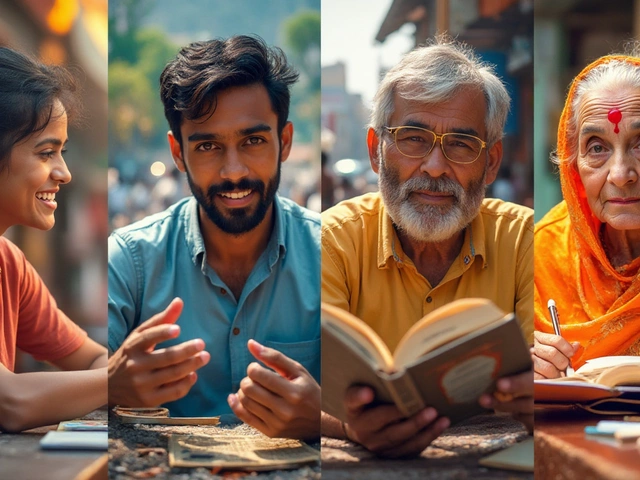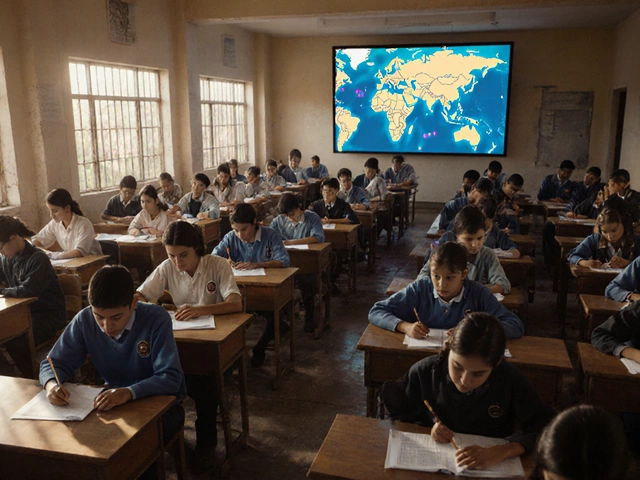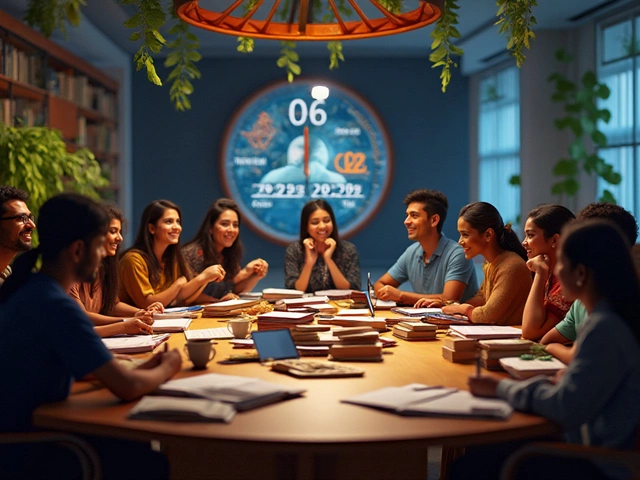Background Check: What It Is, Why It Matters, and How It Affects Jobs, Schools, and Volunteering
A background check, a process used to verify a person’s past behavior, criminal history, education, and employment records. Also known as criminal record check, it’s no longer just for high-security jobs—it’s now standard for schools, nonprofits, and even volunteer roles. If you’re applying for a teaching job, joining a local government program, or signing up to coach youth sports, someone is likely checking your history. It’s not about distrust—it’s about safety, trust, and accountability.
There are different types of background checks, ranging from basic identity verification to deep dives into court records and financial history. For most jobs in India, it’s usually a check for criminal records, past employment, and educational certificates. For roles involving children or vulnerable groups—like tutoring, NGO work, or school staff—it often includes police verification and reference checks. Even volunteering for local government, as one of our posts explains, now commonly requires this step. It’s not about keeping people out; it’s about making sure the right people are in the right places.
What gets checked? Your name, address, education history, previous employers, and sometimes credit history—though that’s rare in India unless you’re applying for a finance role. Some organizations even verify social media activity or professional licenses. The process is usually handled by third-party agencies, and you’ll often be asked to sign consent forms. If you’ve ever wondered why you had to submit your school certificates again for a simple internship, now you know: it’s part of a larger system designed to reduce risk.
It’s not perfect. False matches happen. People with common names get flagged. Records from small towns sometimes don’t digitize well. But the trend is clear: institutions in India are moving toward formal verification. Whether you’re applying to a coaching center for JEE, looking for a remote coding job, or trying to volunteer with a local council, a clean background check is becoming part of the deal. And if you’ve ever wondered why some online courses ask for ID proof before letting you enroll—it’s the same logic.
There’s also a growing link between background checks, digital data protection rules like India’s DPDP Act. Organizations can’t just collect your personal info—they need to store it securely, use it only for verification, and delete it after the process. That’s why many universities and employers now outsource these checks to certified vendors. It’s not just about compliance—it’s about protecting your privacy while still ensuring safety.
What you’ll find in the posts below are real stories and practical guides about how background checks show up in everyday education and work scenarios. From how coaching centers verify teacher credentials, to why government volunteering now requires police clearance, to how online learning platforms handle identity checks—these aren’t theoretical rules. They’re real steps people navigate every day. Whether you’re a student, a job seeker, or someone looking to give back to your community, understanding this process saves time, reduces stress, and helps you prepare before you even apply.
Does Tesla Hire Felons? Navigating the Path to Employment
Posted by Aria Fenwick On 11 Apr, 2025 Comments (0)

Exploring whether Tesla hires felons involves understanding the company's hiring practices, background checks, and potential opportunities for those with criminal records. This article provides insights into Tesla's employment policy, the role of background checks, and how felons can improve their chances of landing a job at Tesla. It also offers practical tips for job seekers with a criminal history. Navigating employment after a conviction can be challenging, but opportunities exist for those who are prepared.




